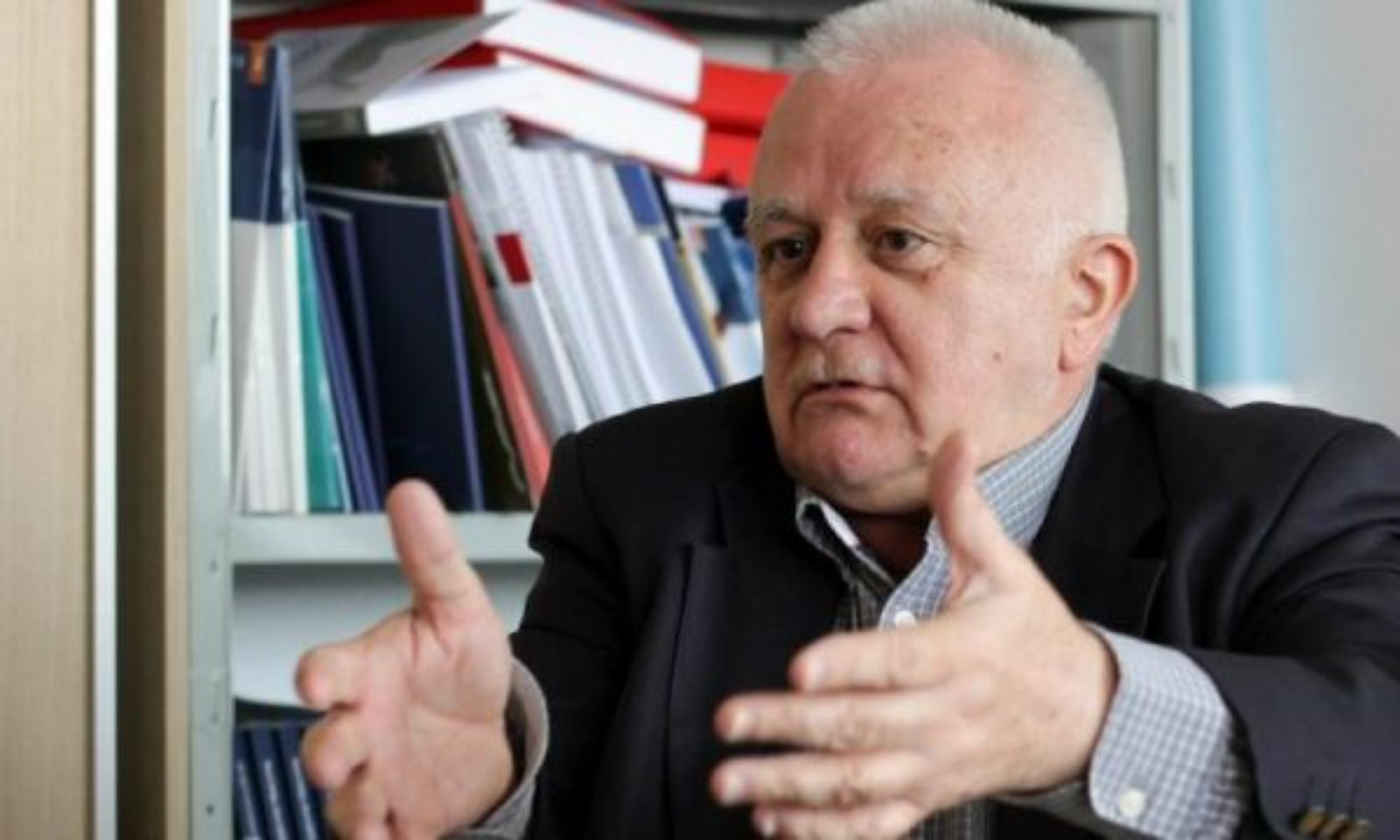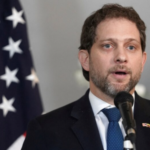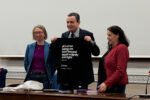The continuation of dialogue between Kosovo and Serbia is fraught with challenges and inefficiencies in implementing what has been agreed upon. This was stated by Dushan Janjiq, director of the Forum for Ethnic Relations.
According to him, the current situation requires a reassessment of the EU’s and the U.S.’s approach.
“The European envoy’s mandate has been extended until the end of January due to disagreements over the new name and the need for Brussels to redefine its policy on many issues, including Kosovo. For the U.S., the situation is different. The American administration may come up with a new policy only in February, provided there is a change. Otherwise, the policy remains the same,” Janjiq told RTK.
Janjiq expects the United States to continue focusing on regional security issues, with priority given to the Banjska attack, as well as problems in Bosnia and Herzegovina.
“There will be serious work until January, as there are commitments that have been made, which are very important to America and could also be election issues if on-the-ground issues like Banjska are not adequately addressed. Additionally, Dodik and Republika Srpska, which are becoming a direct threat and challenge to the credibility of the U.S. as a peace guarantor in Bosnia and Herzegovina. Therefore, I expect the methodology to be serious, and objectively, America should and will wait for the EU,” Janjiq added.
Janjiq anticipates that starting in January, following the U.S. elections and with the new European envoy, a new methodology package for dialogue should be prepared. The essence of this package will be effectiveness.







